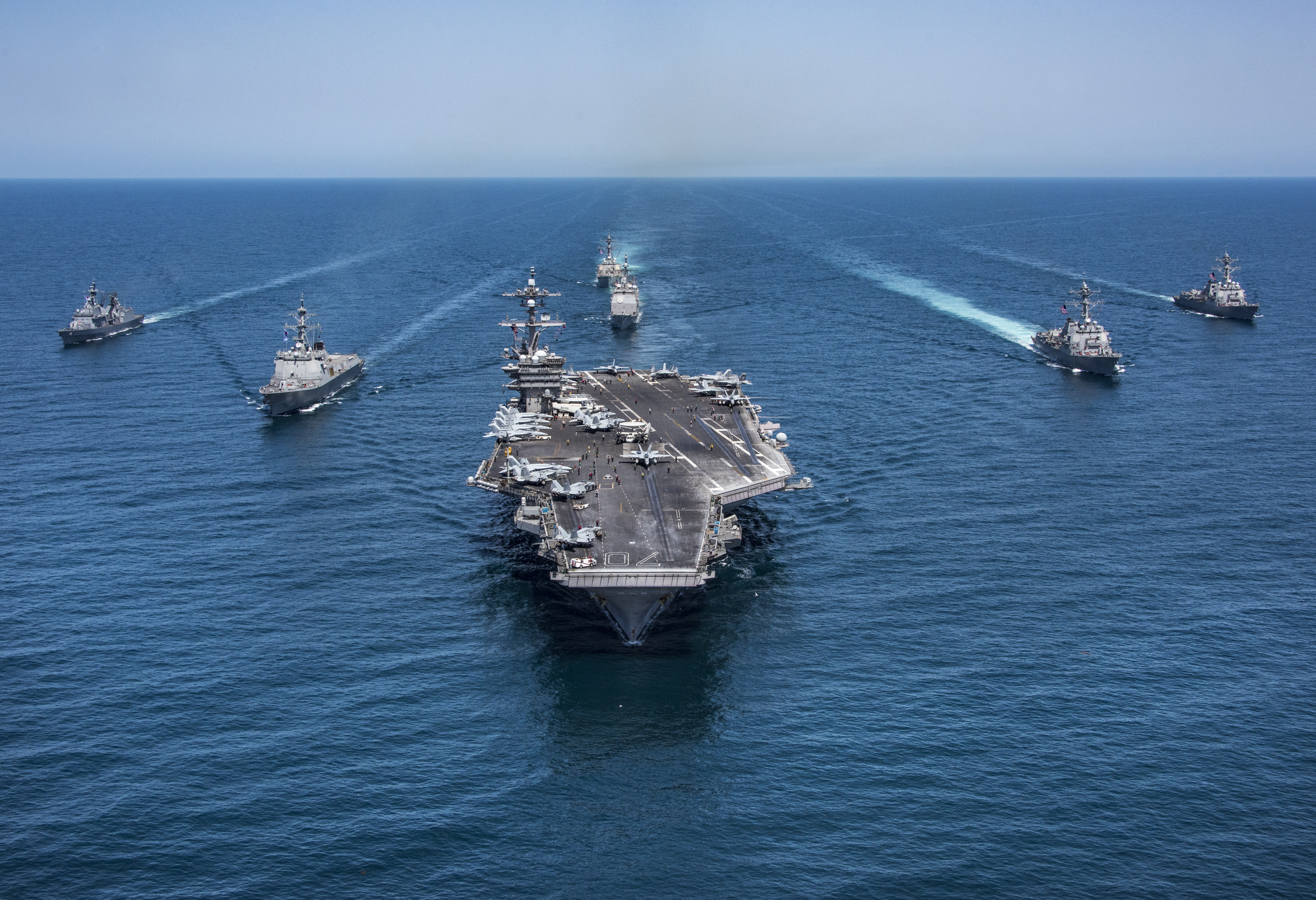Throughout the past few weeks, there’s been considerable speculation that the Trump administration is considering a preventive military strike against North Korea in response to its nuclear weapons program. Presumably, this strike would target some aspect of the weapons program, like a nuclear facility or launch site, to signal to Kim Jong-Un and his regime that they need to act less aggressively or face a larger-scale attack in the future. The logic here is that a “rational” government would be expected to weigh the costs of backing down versus the costs of fighting against a nuclear superpower and choose the former, since the latter would almost certainly result in losing power or being outright annihilated. This would seem to be pretty consistent with basic deterrence theory so far, since a limited attack could be considered a signal of American willingness to retaliate against a North Korean attack (just ignore the Trump administration’s statements that North Korea can’t be deterred).
The problem is that trying to get North Korea to back down by “bloodying its nose” is a a fundamentally flawed plan. If anything, the evidence seems to suggest that launching this kind of attack against North Korea is, at best, likely to be totally ineffective at getting Kim Jong-Un’s government to back down on its aggression. The worst-case scenario, going from both my own research and the work of mostcommentators observing the current crisis, is that this could actually provoke North Korea into attacking the US or South Korea – i.e. the very thing that the attack is meant to prevent. So why is it that a limited strike against North Korea is such a bad idea?
To begin with, it assumes that the North Korean government has the same sensitivity to the costs of war as the US. There’s a large body of research, however, that argues that this is not the case. Rather, nondemocratic states like North Korea are expected to be less sensitive to the costs of war to their population than a democracy because their governments draw power from a few elite supporters instead of a large base of voters. As a result, they’re not worried about being voted out of office because of an unpopular and costly war; instead, they need to keep their backers (usually political elites and top military officers) rewarded to keep their support. My own PhD research suggests that these governments will be fine with fighting other states if their supporters don’t suffer as a result. Moreover, an actual attack against them will put these regimes in a position where they need to retaliate in some way to avoid looking weak, since that can get them removed from office (sometimes in a very permanent manner).
In the North Korean context, this means that launching a limited attack to try and scare the regime with the potential costs of war is unlikely to work. Historically, the Kims have repeatedly shown that they are willing to let their citizens suffer extraordinary costs to retain power, including causing famines by redirecting resources to their supporters. Furthermore, North Korea has also repeatedly antagonized the US and South Korea, including capturing the USS Pueblo in 1968and repeatedly attempting to assassinate South Korean presidents. The North Korean government has continued to act aggressively despite becoming diplomatically isolated and repeatedly sanctioned for its actions, since its supporters mitigate the costs by taking resources from the population instead. A preventive attack against North Korea would fail to deter it from further aggression simply because its government is insensitive to costs that don’t directly impact the leadership.

What the “bloody nose” strike is likely to accomplish is provoke North Korea into attacking either South Korea or the US in retaliation. Given the numerous threats made by President Trump throughout 2017 and the buildup of US forces nearby, it would be easy for Kim to assume that even a limited attack is the prelude to a larger war. If this was the case, he would likely respond with force to deter the US from escalating further, which would mean his removal from power and, in all likelihood, his death. This would likely mean attacking Seoul with the thousands of artillery pieces placed near the border, as well as launching conventional and nuclear missiles at American military targets, which even conservative estimates suggest would lead to hundreds of thousands being killed. Even if the limited strike is recognized for what it is, Kim would likely still launch some kind of limited reprisal as a show of strength and to avoid a potential coup. Overall, proposals to deter North Korea with a limited attack are more than likely to lead to disaster instead of deterrence.
Mark Haichin is a PhD student with the Norman Paterson School of International Affairs at Carleton University. He has a Masters in International Relations (Research) from the London School of Economics, UK. He specialises in issues relating to nuclear deterrence and proliferation. In addition, he has strong research interests in terrorism, ethnic conflict, and international relations.
This article is a cross-post from Mark’s Policy Musings




